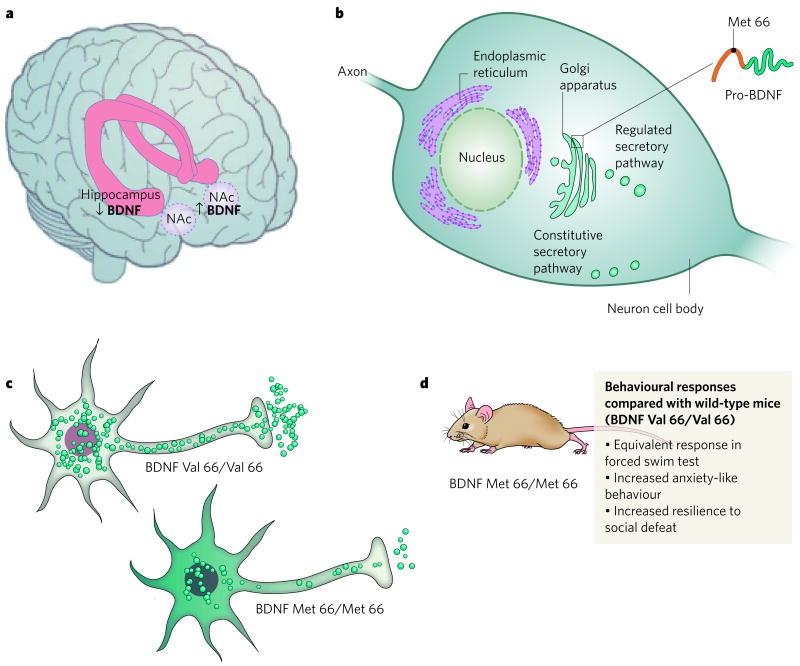Figure 2. BDNF and depression — an example of the complexities of the molecular pathophysiology of depression.
a, Post-mortem data from depressed humans show that depression is associated with a decrease in the amount of BDNF in the hippocampus33 and an increase (of similar magnitude) in the NAc25, an example of the regional specificity of depression-related neuroplastic changes. b, Neuronal secretion of BDNF occurs through regulated (activity-dependent) and constitutive secretory pathways. Regulated secretion is modulated by the interactions of proteins in the Golgi apparatus with the pro-domain of BDNF, the site of a single-nucleotide polymorphism (G196A) in humans that results in the substitution of valine at amino-acid residue 66 with methionine. c, The Met-66-containing BDNF variant has impaired intracellular trafficking. Met-66 BDNF is not properly sorted within the cell, causing it to be distributed throughout the cell body outside of vesicles42. In addition, less BDNF is secreted from the nerve terminal. d, Knock-in mice that homozygously express Met-66 BDNF41 have normal responses in the forced-swim test25, but these mice show more anxiety-like behaviour41 and greater resilience to behavioural and molecular changes after social defeat25, implicating this BDNF polymorphism in the pathophysiology of psychological disorders that are influenced by stressful life events.

